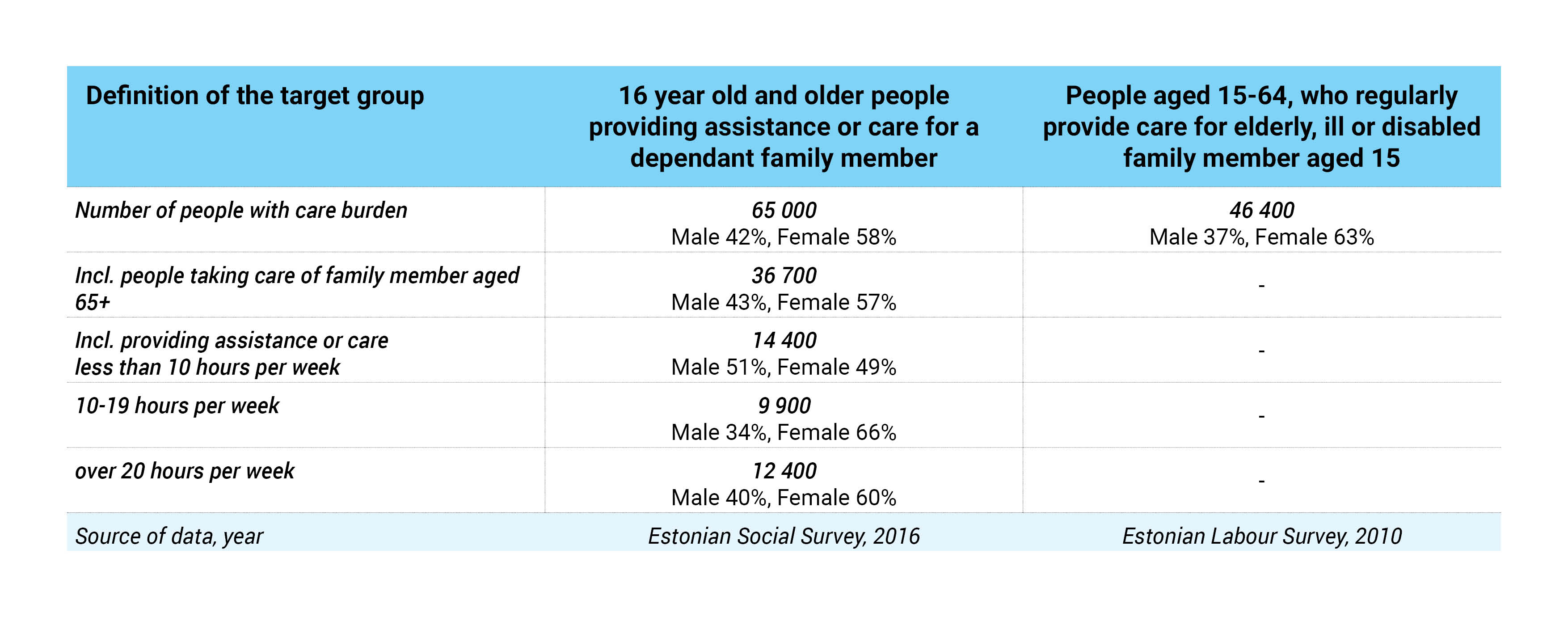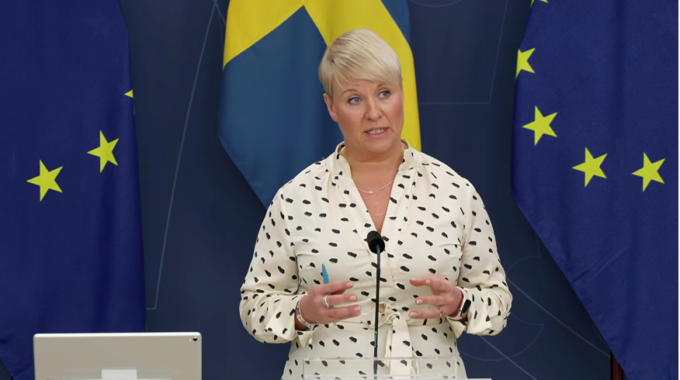
Informal care on the rise in Estonia
In recent years social policy field has been focusing more on the long term care provision in Estonia. Alongside the wider framework informal care and the possibilities to value and support the informal carers receive special attention in 2020.
Ministry of Social Affairs have initiated a working group with the aim to once and for all map the state of play in informal care and clarify the roles and responsibilities of different stakeholders to take next steps as a state towards carer-friendly society.
This year brings about a shift towards strategic development of informal care support network. The sole purpose is to reduce the burden of care, provide support services and value the tremendous effort that the carers make towards sustainability of the social care system.
These to initiatives will build upon the previous developments and the willingness of the policymakers and the Government in general to continue the valuable work. Government level Task force handed in its report and policy recommendations for „Caring state“ in November 2017. Slowly but surely, there has been new services introduced, care coordination and care provision enhanced on state and local level and since July 2018 the Carer’s leave has been available. All with the aim to reduce the burden of care and shift the shares of care responsibilities.
There has been a certain change in public perception and the policy makers act upon it. Surely, the rise has been also in numbers. More data is available and efforts are being made to enhance the data collection and continuously specify the target audience.
Based on the European Social Survey carried out in 2016, there are 65 000 people in Estonia providing care to a family member. This might not be the whole truth as more and more people understand the concept of informal care and it is becoming common knowledge and personal pride to identify themselves as carers.
Still, there are enough work to be done in order to identify, recognize and support informal carers in Estonia. But it is certain that the right steps are taken towards developing carer-friendly society and the path to inclusion of informal carers seems clearer than ever.

By Ivar Paimre, Board member of Eurocarers





